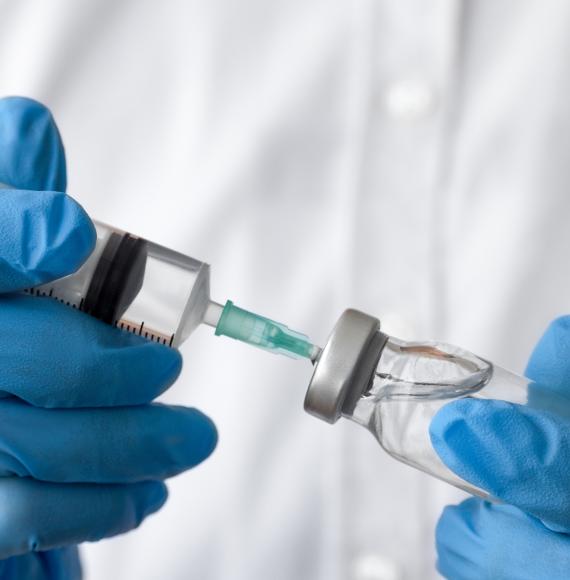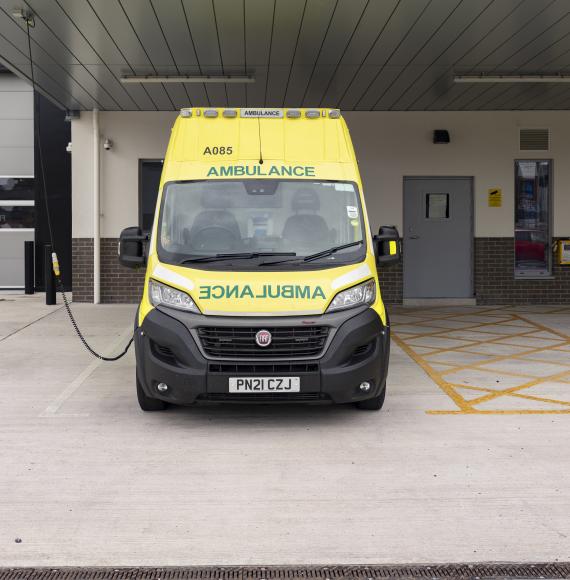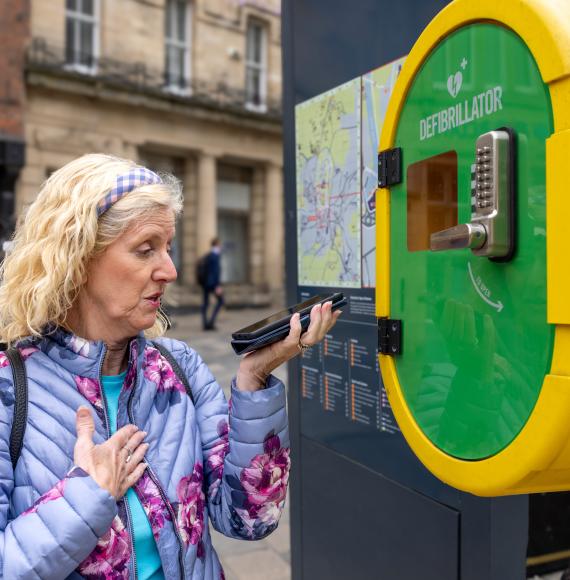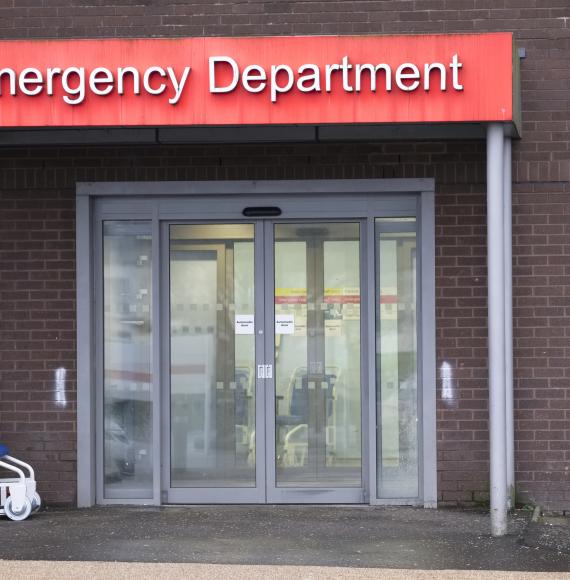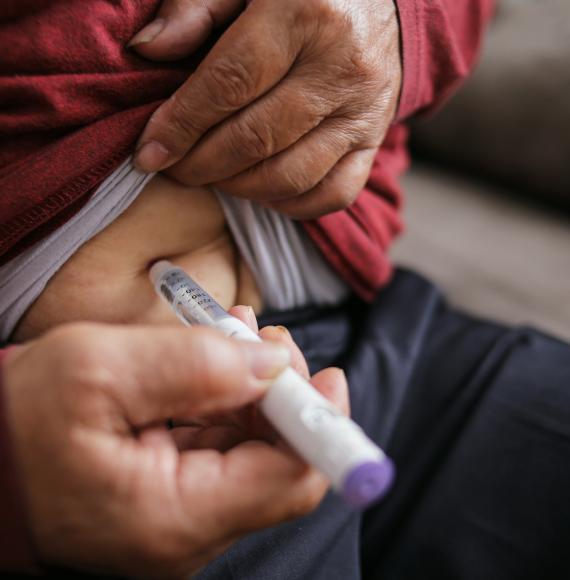Despite the NHS battling significant disruption, monthly performance statistics indicate the number of patients waiting for elective care has gone down.
The number of patients waiting fell from around 6.5 million in September to 6.44 million in October – the total waiting lists stood at 7.77 million and dropped to 7.71 million during the same period.
Category one ambulance calls were also eight seconds faster on average last month than in October – 8:32 in November from 8:40 in October.
This was all while staff absences increased, with each day last week up to an average of 49,020 from 47,018 the week prior.
Responding to the figures, NHS Providers’ chief executive, Sir Julian Hartley, said: "Trusts' hard work and innovation has helped cut the elective waiting list, providing the glimmer of hope we all needed. But there is no room for complacency as we plunge into winter, the hardest time of year for the NHS.”
The number of patients in hospital for the flu last week stood at 402 and had increased by two thirds (65.4%) from the week before when it was 243.
We're cutting waiting lists.
— Victoria Atkins (@VictoriaAtkins) December 14, 2023
Thanks to all NHS staff whose hard work’s helped cut the waiting list, the biggest drop since 2011 outside the pandemic & reduce the number of people waiting for care.
We must build on this progress by avoiding any future disruptive strike action. pic.twitter.com/hFZ37JhgJJ
Norovirus patients also increased over the same period – there were 506 adults in hospital last week compared to 406 the week before.
Furthermore, 2022/23 saw the maintenance backlog rise to £11.6bn from £10.2bn the previous year. The highest risk maintenance jumped by almost a third (31%) from £1.8bn to approximately £2.4bn.
Also responding to the progress made and the maintenance figures, director of the NHS Confederation’s acute network, Rory Deighton, explained: “The fact that this comes amid ongoing strikes and system pressures is testament to dedication of staff across the country.
“But NHS staff will need the ongoing support of politicians and leaders in order to continue to tackle this backlog.
“The upcoming junior doctors strikes could jeopardise all this hard work, leading to more cancelled appointments and operations, while the maintenance backlog rising to £11.6bn shows the urgent need for more capital so the health service can fix crumbling buildings and invest in vital equipment.”
Sir Julian Hartley added: "With looming strikes also threatening to thwart trusts' progress on backlogs, it's vital the government and unions break the deadlock to resolve their industrial disputes."
Image credit: iStock





